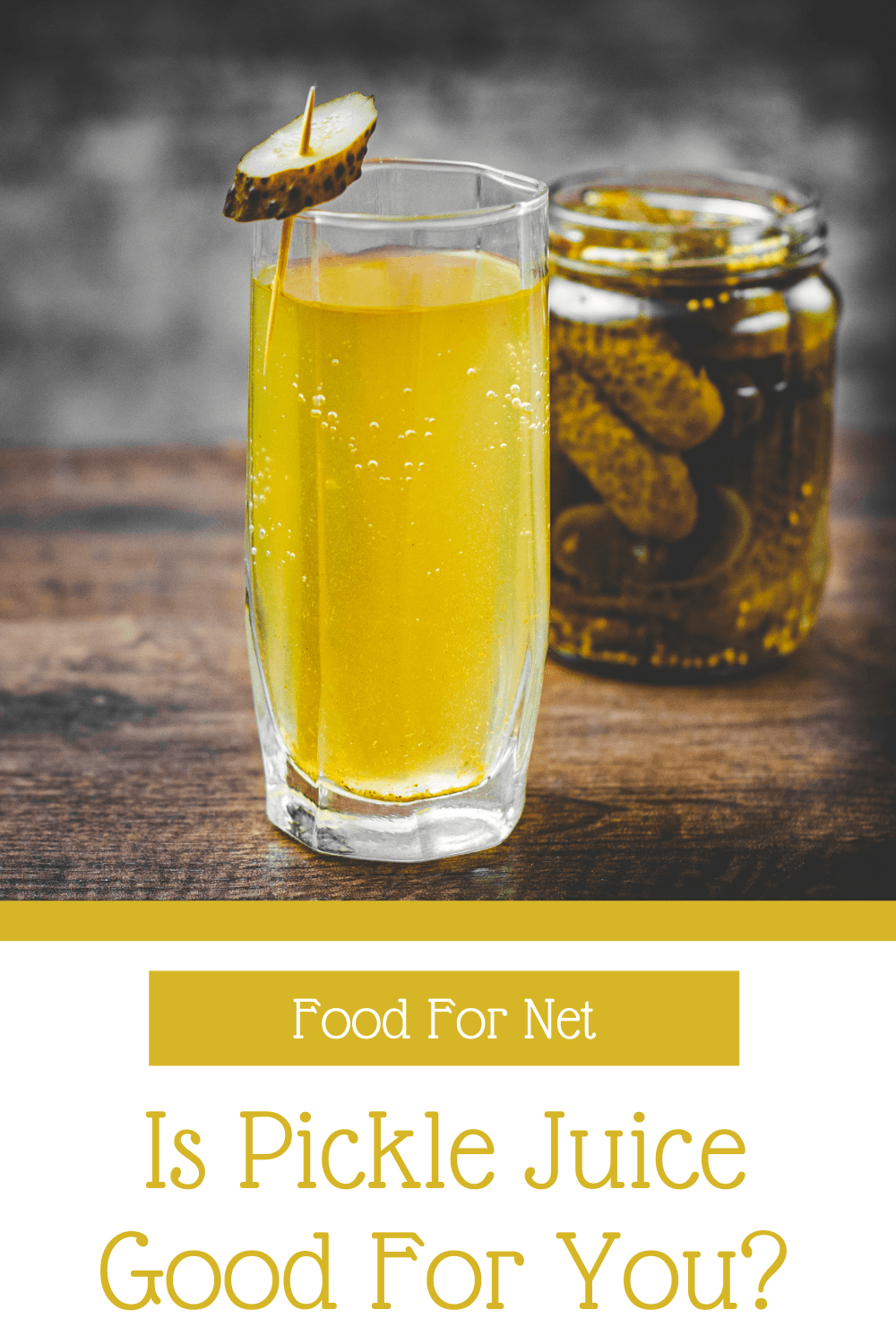
Pickle juice isn’t just the liquid that surrounds your pickles, one that you throw out when you’ve finished the pickles themselves. It can also be a surprisingly refreshing drink in its own right, one that many people consume regularly.
So, is pickle juice good for you? Well, that partly depends on the type of pickle juice you’re drinking and how you define healthy to begin with.
Part of the question is – what do you hope to achieve? For some people, pickle juice is an excellent way to rehydrate after exercise, giving them some of the benefits as a sports drink like Powerade, at a fraction of the price. For others, pickle juice is an easy source of probiotics or simply an enjoyable drink.
Is Pickle Juice Good For Your Health?
- Types Of Pickle Juice
- Benefits Of Pickle Juice
- How Pickle Juice Can Be Harmful
- What Type Of Pickle Juice Is Best?
- Is Pickle Juice Good For Hangovers?
- Who Shouldn’t Drink Pickle Juice?
- Final Thoughts
Types Of Pickle Juice
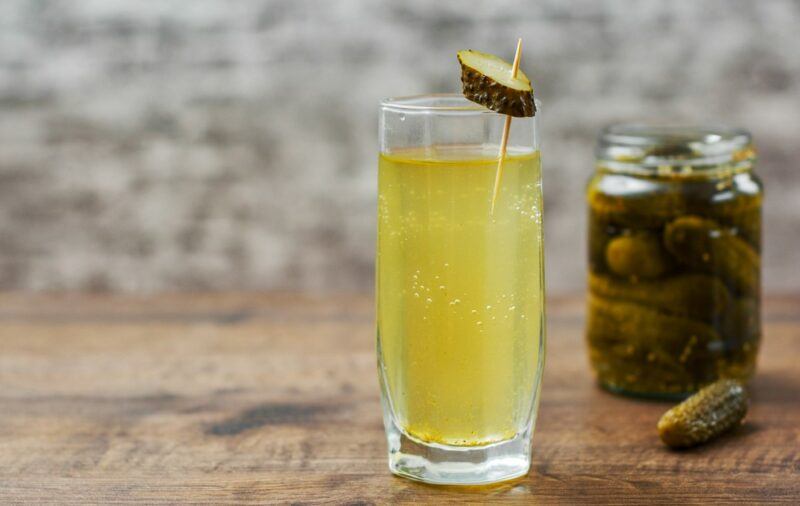
There are two main ways to make pickles.
One is to ferment cucumbers in a solution of salt and water, an approach that gives you plenty of probiotics, but tends to be very high in sodium. The other approach is to use vinegar. This typically gives you a lower sodium product, but you lose out on the probiotic benefits.
Extra ingredients can be added to either type, including various herbs and spices. Some products include sweeteners too. While sweetener can make pickles and pickle juice more enjoyable, it does give you more sugar and carbs than you might want.
Most of the time, you’ll simply be drinking the pickle juice that comes in the jar with your pickles. Why not, right?
You can also buy pickle juice products, like Pickle Juice Shots, which are promoted as a way to decrease leg cramps. Tailored products like this can seem appealing, but sticking to the real thing is probably better.
Benefits Of Pickle Juice
Contains Plenty Of Electrolytes
Electrolytes are one of the main reasons for turning to pickle juice. These include potassium, calcium, chloride, and sodium. We get plenty of electrolytes in our diet as it is, so many of us don’t need more.
The exception is if you’re sweating heavily, particularly from exercise (or from diarrhea). We don’t just lose water when we sweat. We also lose some electrolytes, including sodium and potassium. But, when we rehydrate, we often do so with water, which doesn’t replace those lost electrolytes.
This effect can lead to an electrolyte imbalance, as your body is suddenly short on key electrolytes. Electrolyte drinks are an easy way to get your electrolytes back up where they need to be.
The electrolytes might even make pickle juice more effective at hydration than plain water. This is particularly true if your body needs those extra electrolytes.
May Soothe Muscle Cramps
Pickle juice has been linked to decreased muscle cramps for athletes, with just a third of a cup having this effect. The pickle juice lowered muscle cramps more than no drink or water, which is pretty exciting.
It’s not clear exactly how pickle juice decreases muscle cramps. The effect might come from the electrolytes in the juice or it could be related to the vinegar instead (if the effect is due to the vinegar, only vinegar-based pickle juice will help with muscle cramps).
Healthier And Cheaper Than Sports Drinks
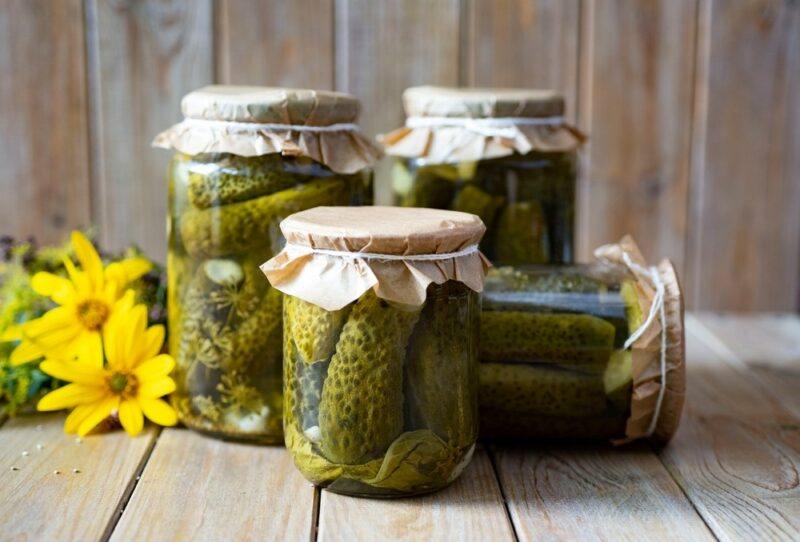
There are plenty of commercial electrolyte-containing products, including sports drinks like Powerade and Gatorade, along with rehydration solutions that are sold at pharmacies.
Sports drinks, however, tend to be highly processed. They often include a variety of additives to get the color and flavor just right. Many are also very high in sugar too. While some sugar can help with hydration, too much of it isn’t wise at all, and sports drinks often seriously overdo it.
Besides, it’s hard to imagine that a bright yellow or neon blue drink could ever be good for you, right? In contrast, pickle juice is minimally processed. Many products are low in sugar as well.
Rehydration solutions are often better for you than sports drinks, as they’re designed to promote health. They often have a better balance of electrolytes and keep the sugar content low. Even so, such solutions are still processed and they can be very expensive.
Pickle juice tends to be pretty cheap, especially if you’re already buying pickles anyway or making them yourself.
Provides You With Probiotics
If your pickles were fermented in brine, then the pickle juice should be an excellent source of probiotics. That term refers to healthy microbes, ones that may help to balance the bacteria in your gut.
This effect matters more than you might expect. As it turns out, our gut microbes influence our health in many more ways than we ever imagined. This includes decreasing our risk of heart disease, lowering inflammation, and improving mental health. The probiotics in pickle juice could help with nausea as well.
While there are plenty of sources of probiotics, pickle juice stands out as being an easy one. Besides, if you eat pickles regularly, why waste the juice?
There is a catch though. You’ll only get probiotic benefits if the pickles were fermented in brine and weren’t pasteurized. Vinegar-based products won’t give you probiotics at all.
If you’re shopping in the grocery store, look for pickles that are stored in the fridge. Even then, you’ll need to closely look at the ingredients label to make sure you’re getting the right type.
A Decent Source Of Antioxidants
Pickles contain antioxidants, some of which you can find in pickle juice as well. As you doubtlessly know, antioxidants help to lower the levels of oxidation in your body, protecting you in the process.
While antioxidants won’t magically cure any disease, following an antioxidant rich diet can decrease your risk of various diseases, including heart disease – still one of the biggest killers in the United States.
Can Help Balance Blood Sugar Levels
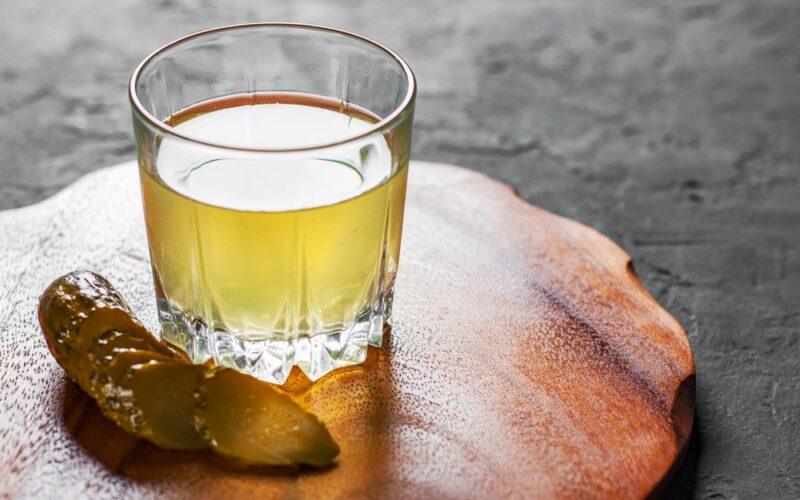
Pickle juice is thought to help with blood sugar levels as well, making it very relevant for people with diabetes. Having a little pickle juice before a mean may even decrease the amount that your blood sugar levels spike.
Interestingly, this effect comes from the vinegar in pickle juice, so you may need pickle juice with vinegar rather than a brine-based version to help with your blood sugar.
If pickle juice does stabilize blood sugar levels, it could help with weight loss too. After all, your appetite is much more difficult to manage when your blood sugar level is going all over the place.
How Pickle Juice Can Be Harmful
High In Sodium
If your pickles were made using brine, then sodium is a serious problem. You could easily be getting half of your recommended salt intake for the day from a single serving.
Sodium does have important roles in our bodies, but let’s be honest, most of us aren’t exactly short on the mineral. Getting more in our diet is often the last thing we want. Remember, sodium can lead to many issues, as it can increase blood pressure and raise the risk of heart disease.
If you are going to have pickle juice, it’s best to make sure you can comfortably fit the sodium into your diet. This may involve closely looking at your foods and drinks, and keeping an eye out for hidden sodium. You might be surprised by just how much sodium you’re consuming.
There are low sodium pickles out there, which will give you low sodium pickle juice. However, such products rely on vinegar, so they won’t be fermented and won’t give you all the probiotic benefits that you find with brine-based pickle juice.
Could Make Stomach Ulcers Feel Worse
Acidic foods generally won’t give you stomach ulcers, but the acid in pickle juice can make stomach ulcers feel much worse. So, if you already have a stomach ulcer, you should probably pass on pickle juice.
Can Lead To Indigestion
While some people claim that pickle juice helps with heartburn, many find that pickle juice actually makes their symptoms worse. This isn’t surprising either, given that that pickle juice is quite acidic.
The beneficial bacteria in fermented pickles and pickle juice could help somewhat, but honestly, it’s better to look for probiotics from a less acidic source. You could even try probiotic supplements.
If you are curious about pickle juice for your digestion, then it’s best to start slowly and pay close attention to any side effects. You should know pretty soon whether pickle juice makes things better or worse for you.
May Cause Electrolyte Imbalances
The electrolytes in pickle juice can be powerful if you need them. But, just like nutrients and even antioxidants, electrolytes aren’t that useful if you don’t need them. In fact, consuming too much pickle juice could even lead to electrolyte imbalances, partly due to all the sodium.
This is something to think carefully about when you’re drinking pickle juice.
In particular, if you only exercise for an hour or so at a time or focus on low intensity exercise, you won’t be losing that many electrolytes through sweat and shouldn’t need extra electrolytes. Regular water should be more than enough to keep you hydrated.
What Type Of Pickle Juice Is Best?
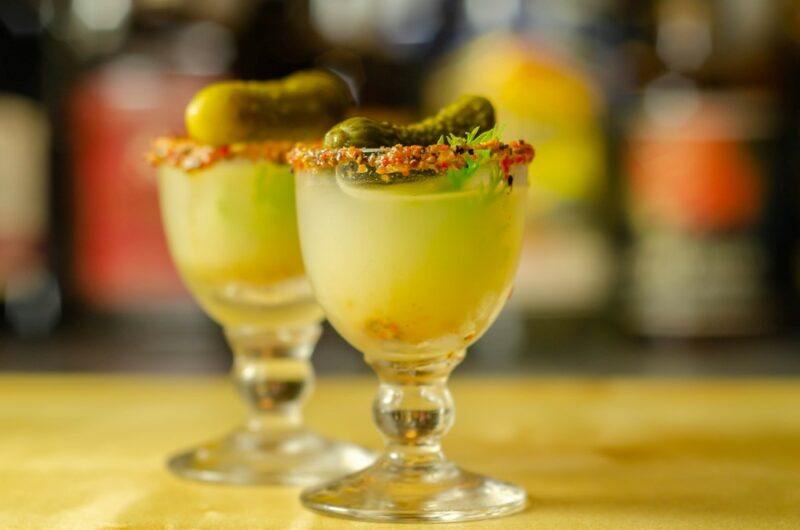
Earlier on, we talked about how pickle juice may be made using vinegar or may rely on brine instead. So, which type is healthier?
Well, there’s a tradeoff going on, because vinegar-based pickle juice tends to be lower in sodium, but doesn’t contain the probiotics that you need.
On the other hand, brine-based juice might contain too much sodium for you to have safely. You can look for low sodium versions, but even then, the sodium content could be too high.
The best type may simply depend on what you’re looking for.
- If you’re intensely exercising and are losing a lot of water through sweat, then brine-based pickle juice may be best because of the sodium content.
- If you’re interested in probiotic benefits and have a moderate to low salt intake currently, then the brine version may work well.
- However, if you need to limit your sodium intake, vinegar-based pickle juice is much more powerful. It might not give you probiotics, but you’ll get all the other benefits.
Is Pickle Juice Good For Hangovers?
Pickle juice might not be the most attractive drink when you’re hungover, but it’s often thought to help your symptoms. There’s some truth to the claim too, as hangovers tend to be worse when you’re dehydrated, so the water and electrolytes in pickle juice should help.
However, that’s as far as things go, because you can’t really fix a hangover. Even the best hangover drinks just help to hydrate you and may improve your electrolyte balance. You’ll still need to deal with your throbbing head for at least a few hours.
Who Shouldn’t Drink Pickle Juice?
Pickle juice has some benefits, but it’s not a wise choice for everyone. It’s best to steer clear of the drink entirely if you have any issues with sodium. This means avoiding it if you are following a low sodium diet, have high blood pressure, or already get plenty of sodium in your diet.
Seriously. The dangers of too much sodium are real and very significant.
Plus, all the benefits from pickle juice can be found in lower sodium foods and drinks. Coconut water, for example, offers some electrolytes, but doesn’t contain nearly as much sodium as pickle juice.
You can turn to rehydration solutions too, including those sold through pharmacies and ones from sports companies. Some of these products will have a better balance of electrolytes than pickle juice, with less sodium, more potassium, and more chloride.
As for probiotics, there are some low sodium options, including kefir, yogurt, and kombucha, not to mention probiotic supplements.
Final Thoughts
Pickle juice can be helpful in the right situation, giving you plenty of electrolytes, some antioxidants, and perhaps probiotics too. Whether it’s a good idea or not really comes down to the sodium content.
The question then, is do you need more sodium?
You might. People who don’t get much salt in their diet and exercise intensely, for example, probably need more sodium. Pickle juice is an easy way to get this sodium, along with other electrolytes.
If your sodium intake is already moderate to high, you probably don’t need pickle juice. You might still have it every so often as a treat, but please don’t treat pickle juice like a health tonic.
If you’re at all unsure, talk to your doctor about your sodium intake first. They’ll be able to tell you whether extra sodium is helpful or harmful.
Frequently Asked Questions
Does Pickle Juice Help With Cramps?
Pickle juice does appear to help with muscle cramps, although more studies are needed to tell us how it does so and which type of pickle juice is best. The effect has mostly been studied for exercise-related muscle cramps, but could be relevant for period cramps as well.
Is Pickle Juice Good For Weight Loss?
Pickle juice could help with your weight in a few ways. First, it’s a low calorie drink that can contain both electrolytes and probiotics. The electrolytes and probiotics might boost your metabolism a little, while also improving digestion.
Pickle juice has also been linked to better blood sugar levels. Anything that stabilizes blood sugar like this can help with your hunger and reduce the risk of overeating.
Does Pickle Juice Help With Heartburn?
Pickle juice is acidic, which isn’t great for heartburn and may increase your symptoms. Pickle juice isn’t likely to have any long-term heartburn benefits either.
Does Pickle Juice Act As A Laxative?
Yes. Pickle juice does have a laxative effect, which is partly due to the sodium content. This is helpful if you’re constipated, but can lead to diarrhea if you consume too much.
It’s important to be cautious here. The acidity and sodium in pickle juice can be an issue if you’re consuming large amounts of the juice regularly.
Where Can I Buy Pickle Juice?
Many of us get pickle juice by simply buying pickles or by making our own. These days, though, some companies do sell pickle juice on its own – sometimes even by the gallon. The easiest way to find it is online, either through Amazon or from specialized companies.
You should check the ingredients label first and learn about the company’s approach when you buy pickle juice though, as some products might not be as good as they seem.

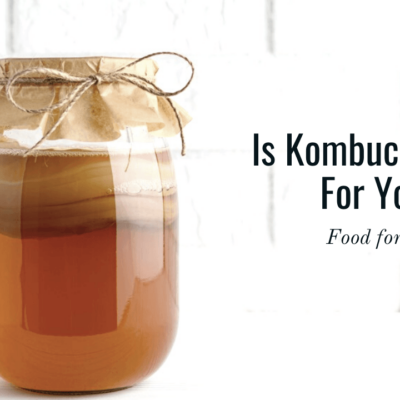
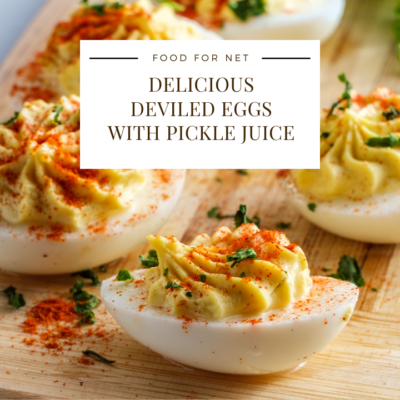

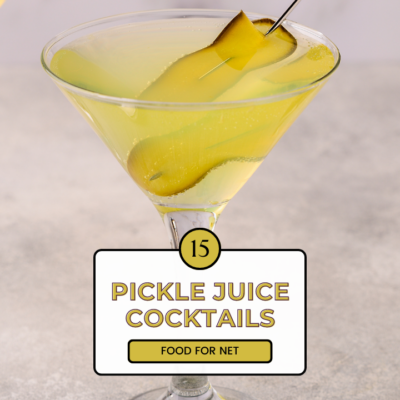
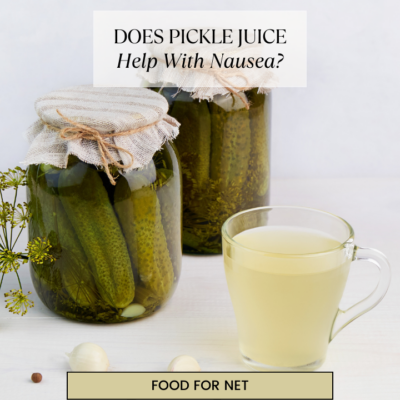
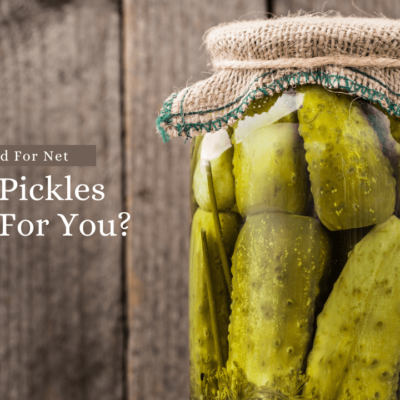
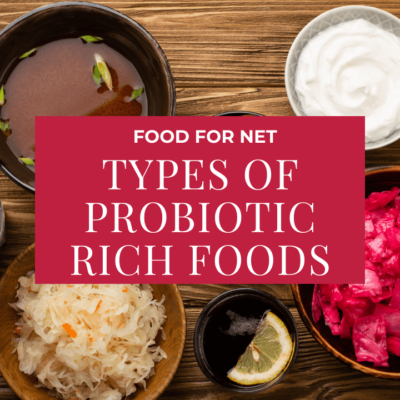
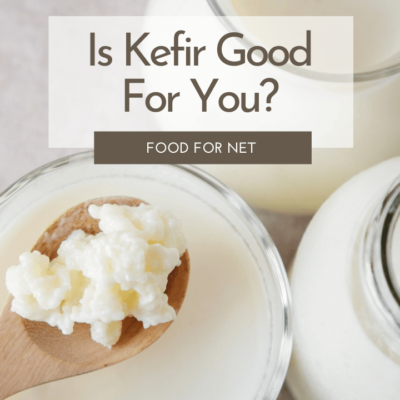
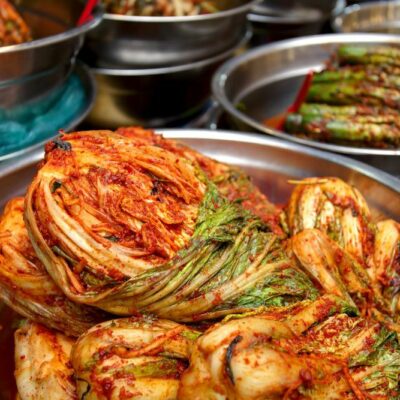
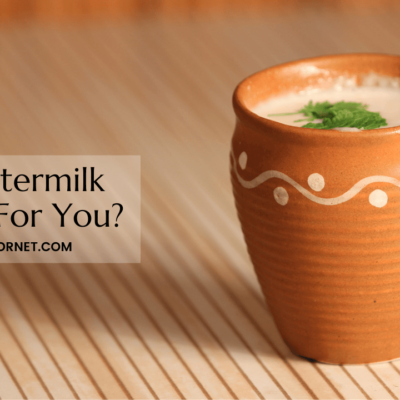
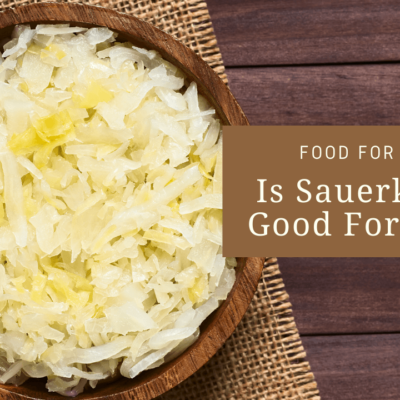

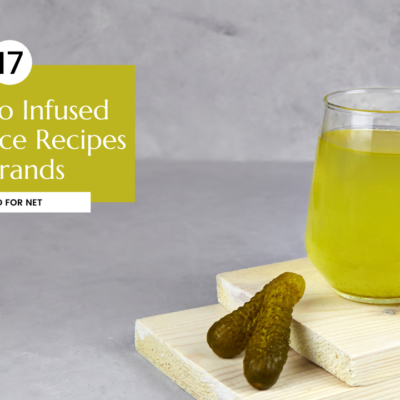
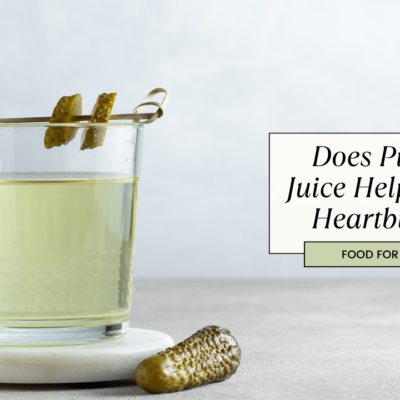
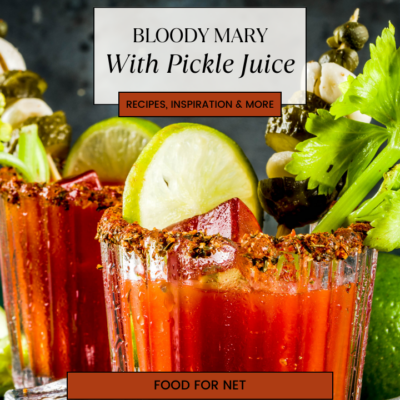

 Is Okra Good For You?
Is Okra Good For You?
Leave a Reply